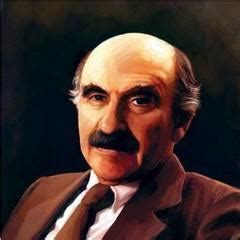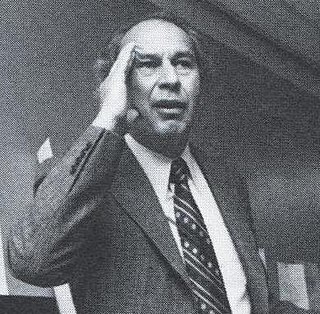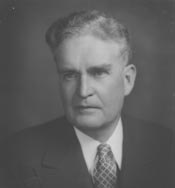A Quote by Theodore Kaczynski
Some people have low susceptibility to advertising and marketing techniques. These are the people who aren't interested in money. Material acquisition does not serve their need for the power process.
Related Quotes
Marketing by interrupting people isn’t cost-effective anymore. You can’t afford to seek out people and send them unwanted marketing messages, in large groups, and hope that some will send you money. Instead, the future belongs to marketers who establish a foundation and process where interested people can market to each other. Ignite consumer networks and then get out of the way and let them talk.
Selling concerns itself with the tricks and techniques of getting people to exchange their cash for your product. It is not concerned with the values that the exchange is all about. And it does not, as marketing invariable does, view the entire business process as consisting of a tightly integrated effort to discover, create, arouse and satisfy customer needs.
These were people so hungry for love that they were accepting substitutes. There were embracing material things and expecting a sort of hug back. But it never works. You can't substitute material things for love or for gentleness or for tenderness or for a sense of comradeship. Money is no substitute for tenderness, and power is not a substitute for tenderness. I can tell you as I'm sitting here dying, when you most need it, neither money nor power will give you the feeling you're looking for, no matter how much of them you have.
I was making commercials. That's how I learned the craft. That was the marketing part of it: directing commercial for TV. It wasn't the most common thing to become a filmmaker in Greece. I started by saying I was interested in marketing and have a proper job in advertising and commercials. Basically, I studied film to learn how to do marketing, and commercials. As I studied film I learned I'd be interested in making films instead of commercials.
We tell the for-profit sector, 'Spend, spend, spend on advertising until the last dollar no longer produces a penny of value,' but we don't like to see our donations spent on advertising in charity. Our attitude is, 'Well look, if you can get the advertising donated (at four o'clock in the morning) I'm okay with that, but I don't want my donation spent on advertising, I want it to go to the needy,' as if the money invested in advertising could not bring in dramatically greater sums of money to serve the needy.
I've lived a lot in communist countries and they're intensely interested in money. I think they are more interested in money than capitalists are. They're the most materialistic people in the world. What they're actually living for is material things. The irony of that is that in communist countries there isn't anything to buy.
Some things I won't do for any amount of money. That's so demoralizing and goes against every principle that I hold. It's like, okay, some rich people can buy me because I'm a talented guy. They can buy talent. You can't buy it for yourself, but you can buy other people's talent to serve your purposes. And once an artist does that, he becomes like a plaything of the rich. You know, some of these wealthy collectors have paid lots of money for artwork that I already did, but I didn't do it with the intention of catering to them.
The faults of advertising are only those common to all human institutions. If advertising speaks to a thousand in order to influence one, so does the church. And if it encourages people to live beyond their means, so does matrimony. Good times, bad times, there will always be advertising. In good times, people want to advertise; in bad times they have to.







































